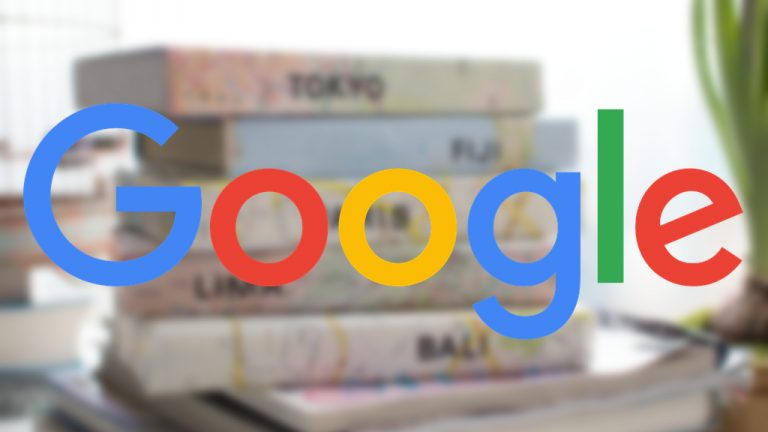Who wouldn’t want their fully-fledged website to have good rankings on Google? A solid link-building strategy that ensures good traffic and gives your website the much-needed boost on Google rankings is always welcome, right? However, Google has its own standards of ethical and unethical link building practices, disregarding which will lead to a much-dreaded Google penalty. Getting a Google Penalty is a sure-fire way to put your site at a disadvantage.
So before you go on to implement any new link-building strategies for your website, understand the most common types of Google link penalties and how you can avoid them. Here goes…
1. Excessive Reciprocal Linking
A very popular link-building strategy among webmasters once upon a time, wherein two website owners would swap links for their sites’ mutual benefits. However, this process of reciprocal linking is now considered as an unethical practice and can lead to a severe Google penalty. As far as possible, avoid excessive reciprocal linking; especially if you are new to the world of blogging.
2. Algorithm Link Spam Penalty,/p>
Flouting Google’s link algorithm will lead to an algorithm link spam penalty, an action taken by Google’s automated algorithm. Under Google’s Penguin Algorithm, this penalty is levied on websites that buy links or obtain them through link networks. The moment your site gets penalized, the organic traffic will take a nosedive and it might even get de-indexed. Avoid partaking in such practices!
3. Manual Link Spam Penalty
While the automated Google bots are out there doing their job of hunting down faulty or spam link-building practices, Google has in place an entire manual review team that hands out manual penalties. These penalties are just as disastrous for your site ranking as the algorithmic penalties. One complaint from your competitor or the Googlebot about your spammy link profile, and your website’s earned you a manual penalty.
4. Low-Quality Link Penalty
As the entire point of giving out link penalties is to promote ethical link building practices, relying on tactics like getting backlinks from dubious, low-quality sites is a sure way to get your site penalized by Google. It is always better to rely on backlinks coming from reputable sites, which not only add to the credibility of your website but also to your brand value.
5. Unnatural Outgoing Link Penalty
If any guest post or blog that you plan on publishing on your website contains links that point back to the guests’ sites, it will have a negative effect on your site’s link profile. Always make it a point to manually review the content that is submitted to you for links from low-quality sites. It is also a good idea to not allow any ‘Nofollow’ links in user-generated content
6. Private Blog Network
A particularly common penalty that can be avoided very easily! Using a network of blogs or websites that are owned by you to link to each other is an unethical link-building practice that is bound to be detected by Google sooner or later. Getting caught and penalized by Google for using PBNs is extremely harmful for your sites’ online reputation.
To Conclude…
Getting penalized by Google for a link profile that violates Google’s webmaster guidelines will have an adverse effect on your website’s reputation. It is better to instead focus all your efforts on building a healthy link profile using the most ethical link building practices.




